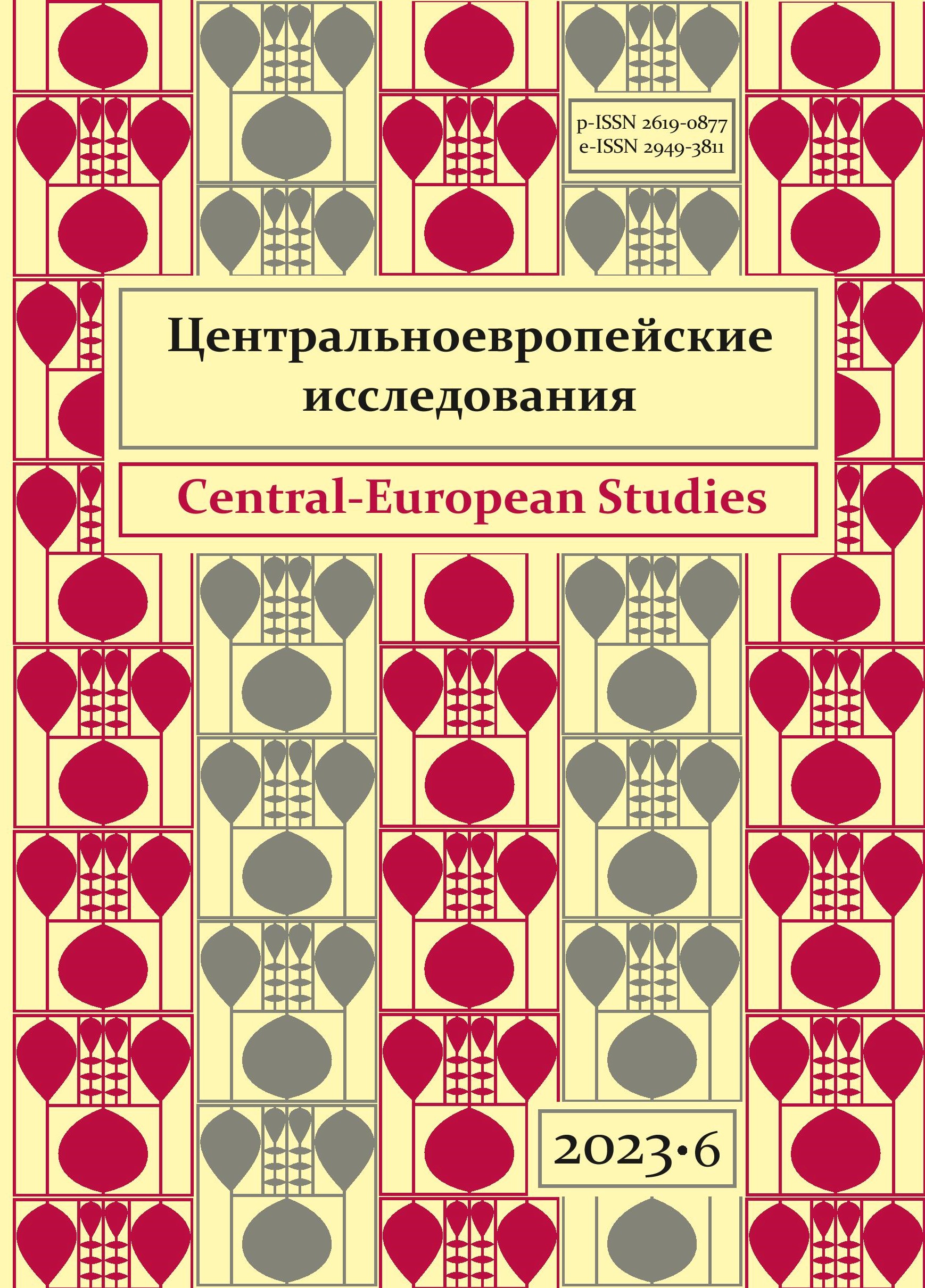Adeline Paulina Irby and Her Way to the Heart of Bosnia
DOI:
https://doi.org/10.31168/2619-0877.2023.6.4Keywords:
Bosnian Vilayet, Sarajevo, deaconesses, girls’ school, Aleksei N. Kudryavtsev, Otto Blau, William Richard Holmes, Savva Kosanović, Georgina Muir Mackenzie, Priscila JohnstonAbstract
Adeline Paulina Irby was born in 1831 into a noble English family. She became famous for her charitable work in Bosnia and Herzegovina. What Irby saw during her first visit to Bosnia in 1862 led her to consider the importance of promoting women’s education in that Slavo-Turkish region. In 1865 she co-founded the Association for the Promotion of Education among the Slavic Children of Bosnia and Herzegovina. With funds raised in Great Britain, it was decided to open a school for girls in Sarajevo, which operated from 1869 to 1911 (until Irby’s death) and was founded with the support of the Kaiserswerth Deaconess Society. Initially, it faced difficulties and accusations of promoting Protestantism. Irby moved to Sarajevo in 1871 and took over the school’s management. Little information has survived about this period in Ottoman Bosnia. One of the aims of this study was to reconstruct the history of the school and Irby’s work in Bosnia between 1869 and 1875. The main sources were unpublished documents from Russian archives. The main object of focus are the reports by the Russian consul in Sarajevo, Aleksei N. Kudriavtsev, to the embassy in Constantinople, which describe the difficulties that Adeline P. Irby had to face. The article also briefly mentions Irby’s activities during the uprising of 1875–1878 and after the occupation of Bosnia and Herzegovina by Austria-Hungary. These demonstrate the English lady’s development from being regarded as a “suspicious Englishwoman” to becoming one of the most revered women in Bosnian history.



